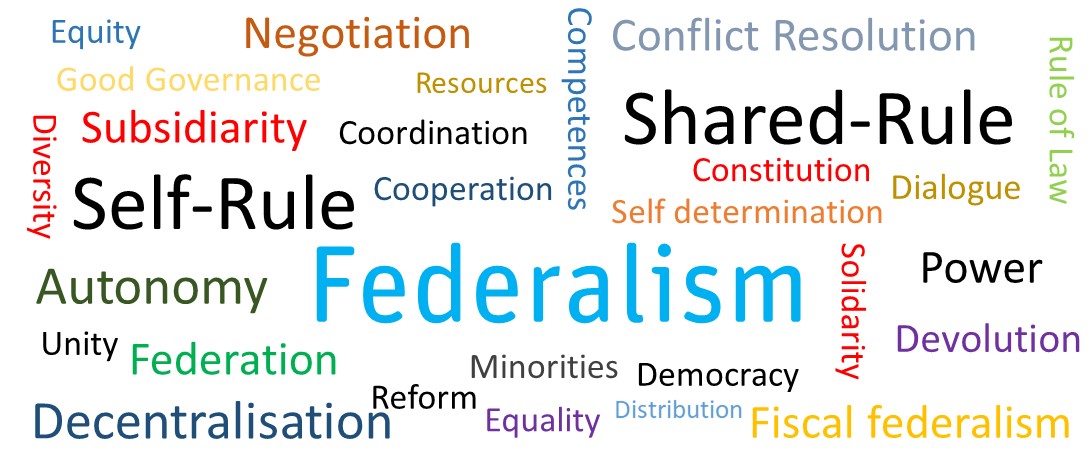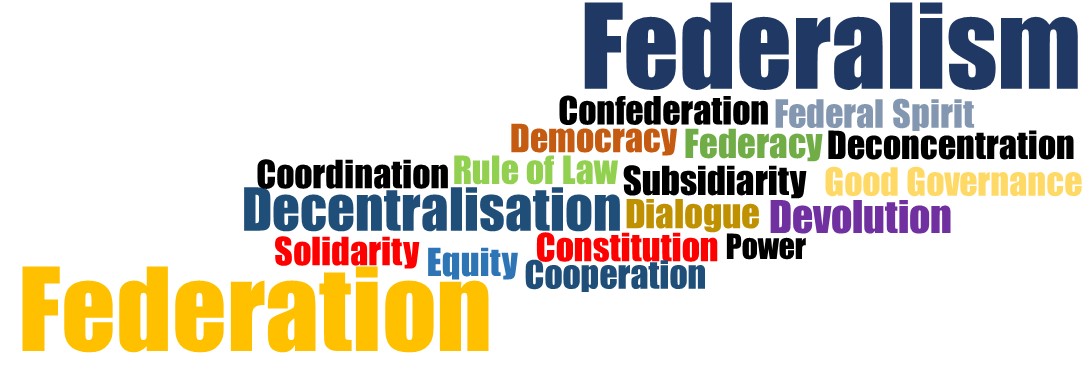Abstract
In an era of global privatization, it is critical to know why and how certain territories disappear and others are transformed and why and how certain territorial assemblages and specific territorialities are more consequential than others with regard to collective welfare and democratization. Democratization is determined, among other things, by particular and local institutional and political workings that concretize the meaning of those key categories such as “nation”, “federation”, “re-distribution”, “equality”, “autonomy”, which articulate not only nationalist, but also democratic practices and discourses. Thus, both the demand for self-determination or for higher self-government in the Basque Autonomous Community (BAC) arises once and again not because BAC is a distinct nationality or ethnicity in the non-political sense of a pre-given cultural unit, but because it is a federal political territory which, due to its political and institutional structures, functioning and contestation, has shaped and most effectively met the needs of its population, managing to uphold the claim to the monopoly of authoritative law-making more successfully than the Spanish state itself.




